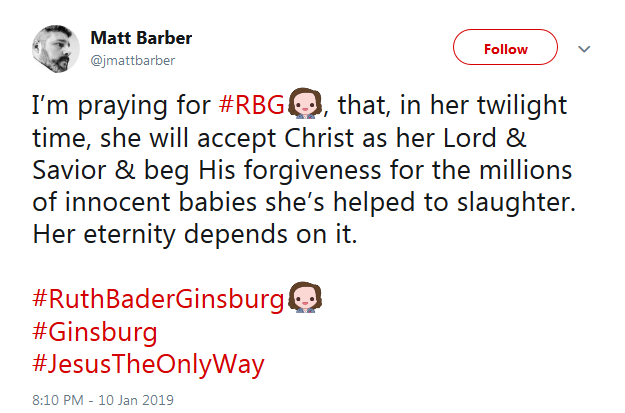The Daily Escape:

Sunrise, high tide, Sea Street beach, East Dennis, MA – July 2022 photo by Bob Amaral Photography
The fallout from the Trump years continues. On Monday, ProPublica reported that the IRS had decided that the Family Research Council (FRC), a Right-Wing political lobbying group, qualifies as a church for tax purposes:
“The Family Research Council’s multimillion-dollar headquarters sit on G Street in Washington, DC, just steps from the US Capitol and the White House, a spot ideally situated for its work as a right-wing policy think tank and political pressure group.”
The FRC is now a church, thanks to the IRS and its Commissioner, Charles Rettig. You can be forgiven for not remembering that Trump appointed Rettig to be Commissioner of the IRS in 2018. He got the job by writing a 2016 op-ed saying Trump didn’t have to release his tax returns, despite every major presidential candidate having done so since Nixon.
ProPublica noted that the FRC says on its website that it is a:
“…nonprofit research and educational organization dedicated to articulating and advancing a family-centered philosophy of public life. In addition to providing policy research and analysis….[the] FRC seeks to inform the news media, the academic community, business leaders, and the general public about family issues that affect the nation from a biblical worldview.”
Now that the IRS has blessed FRC as a church, it is no longer required to file a public tax return, (known as a Form 990), which reveals key salaries, the names of board members and related organizations, large payments and/or grants by the organization.
And unlike with charities, IRS investigators can’t initiate an audit on a church unless a high-level Treasury Department official has approved the investigation.
Right Wing Watch, an organization that monitors the activities and rhetoric of right-wing activists and organizations reported on the ties between FRC and Trump’s Jan. 6 effort to overturn the presidential election:
“The Family Research Council…was deeply involved in…Trump’s efforts to overturn the results of the 2020 election—a fact made all the more apparent by revelations during the June 23 public hearing of the House select committee investigating the conspiracy that led to the Jan. 6, 2021, insurrection at the US Capitol.”
You probably remember the head of the FRC, Tony Perkins (not the deceased actor) by some of his grandstanding in the culture wars:
- In 2005, Perkins was against disconnecting life support for Terri Schiavo, a woman who had been in a “persistent vegetative state” for a number of years.
- In 2008, Perkins called the passage of California Proposition 8 (which prohibited same sex marriage in the state) “more important than the presidential election”.
- In 2018, Perkins said, regarding Trump’s adulterous past, he should be given a “Mulligan“, because Trump was “providing the leadership we need at this time…”
In 2010, The Southern Poverty Law Center (SPLC) designated the FRC as a hate group. From the SPLC:
“Part of FRC’s strategy is to pound home the false claim that LGBTQ people are more likely to sexually abuse children than heterosexual people. The American Psychological Association, among others, however, has concluded that “homosexual men are not more likely to sexually abuse children than heterosexual men are.”
Designating the FRC as a church for tax purposes is part of a disturbing trend. The WaPo reported in 2020 about the growing list of religious groups seeking church status from the IRS.
The potential cost of becoming a church is that the organization can no longer conduct political operations on behalf of politicians or lobby on legislation. In practice, that is simple to get around. The FRC now has its church arm alongside a separate lobbying arm called Family Research Council Action.
The arms separate their messaging on two websites, with the FRC hosting issues-based content supporting its Christian worldview while the Family Research Council Action explicitly endorses candidates. Both arms are registered at the same address and both share all five of the part-time employees the FRC lists on its tax form, including Tony Perkins.
These “churches” sure have figured out how to run a scam on the US government.
It’s past time for the IRS to end this charade and tax churches. Biden should fire IRS Commissioner Rettig, who was also the guy in charge when the IRS politically targeted Trump “enemies” James Comey and Andrew McCabe for invasive tax audits.
These people and their “churches” are simply Republicans with a talent for abusing the bible and raising obscene amounts of money. Thomas Jefferson said it best:
“In every country and in every age, the priest has been hostile to liberty. He is always in alliance with the despot, abetting his abuses in return for protection to his own.”



